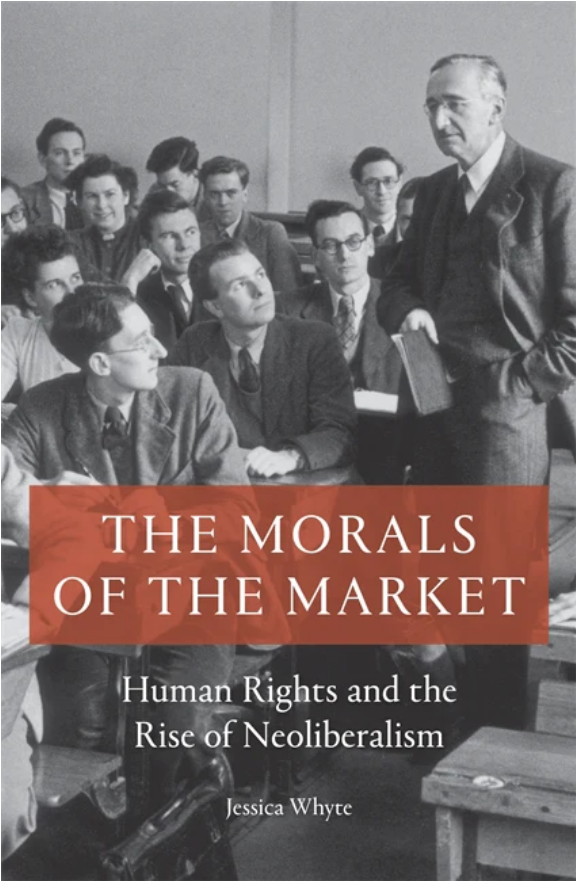The Brick
Chile’s transformation into an exemplary laboratory of neoliberalism owed much to Harberger’s Chicago Boys. On September 12, 1973, the morning after the coup, their 189-page economic program, El Ladrillo (The Brick) was on the desk of every major figure in the new government.
It called for trade liberalization and tariff reductions; widespread privatization, including of social security; and a regressive value-added tax. In 1993, Harberger noted with satisfaction that this vision was now overwhelmingly accepted by all of Chile’s major parties, while at the time, the Chicago program was “too market-oriented, too open-economy, and too technocratic” even for the traditional Chilean right.
In 1975, Friedman met with Pinochet to convince him that Chile’s economy required “shock treatment,” primarily in the form of a drastic reduction in public spending. The general, Friedman noted, “was sympathetically attracted to the idea of a shock treatment but was clearly distressed at the possible temporary unemployment that might be caused.” In the wake of his visit, Friedman wrote to Pinochet to stiffen his resolve: “There is no way to end the inflation that will not involve a temporary transitional period of severe difficulties, including unemployment.”
In the Chilean case, what is most striking about the relation between the economists and the junta’s repression is not that they ignored it, but how willingly they embraced it. Friedman wrote to Pinochet to assure him that Allende’s government represented the “terrible climax” of a trend toward socialism, and that the general had been “extremely wise in adopting the many measures you have already taken to reverse this trend.” In 1977, the Chicago human capital theorist, Gary Becker, wrote of his pride in his Chilean students, whose “willingness to work for a cruel dictator and start a different economic approach was one of the best things that happened to Chile.”
Harberger later dismissed those who protested the junta’s repression, saying: “if you look at human rights violations or political violations, you will find them in any Asian country almost at that time, in multiples of whatever was happening in Chile.” Hayek told the right-wing Chilean newspaper El Mercurio that, while he did not support permanent dictatorship, he saw Pinochet’s “transitional dictatorship” as a “means of establishing a stable democracy and liberty, clean of impurities.”
